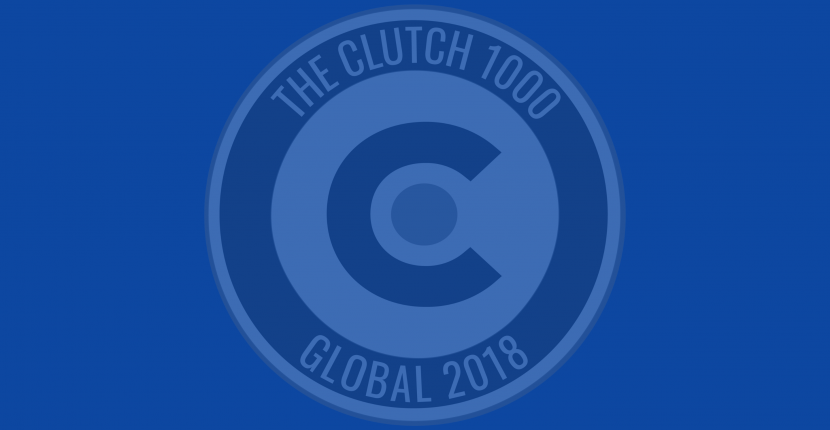Terry Pratchett's Discworld fantasy novels present the notion that all libraries are connected in "L-space." Magical portals let you go from any library to any other, across space and time. This isn't literally true in the real world, but it's true in an important metaphorical way. Libraries, especially academic ones, share information. Whenever possible, they make it available to one another. Community effort is important to university library websites, and it often extends to an international level.
Understanding this is a key to understanding university library websites. Their primary responsibility is to their internal community, but they act as resources to the academic community everywhere, and they regularly share information on both content and methods with each other. The annual Code4Lib conference draws developers and IT people from many libraries together, and regional chapters help them to stay connected with their neighbors.
The modern website for a university library isn't just about books. It provides a large variety of online resources. These include:
- Audio recordings: Music, oral history, important events, etc.
- Video recordings: Lectures, records of events, instructional materials, etc.
- Scanned documents: Historic charters, manuscripts, music scores, etc.
- Text documents: Information of all kinds in PDF files
- Maps: Interactive maps with informational overlays
- Images: Art and photographs
- Databases: Highly organized collections of specialized data
Sharing information
Sometimes the library is obligated to restrict resources to people inside the institution, but whenever possible, it makes them available to everyone. People from both inside and outside the university search through this information. The library needs to supply a rich set of metadata so that researchers can find what they're looking for without a lot of false positives. With good metadata, they can search by author, date of creation, keywords, place of origin, and many other criteria.
Few libraries have the resources to do major software development for themselves, and their budgets are limited, so academic libraries favor the community approach in software, too. Most university libraries don't have their own software developers, but they do have IT departments that can find and put together the software they need.
The Drupal content management system is especially popular with libraries. It's a very customizable open source CMS, and a community of library developers has grown around it, extending the original software's functionality. Drupal site builders love to say, "There's a module for that."
Why Drupal and not, say, WordPress? Both are very good content management systems. Both have lots of third-party add-on software. Both are used in libraries. There's a difference in approach between them, though. WordPress tends to be about developers making software available to customers, for free or at a price. Drupal is more about members of a community working together to build things.
Each approach has its place. The WordPress model makes a lot of sense for business and individual users. It's easier to use WordPress "out of the box" than Drupal. For libraries, Drupal's active communities help to build the portals in L-space. Several distributions of Drupal are designed specifically for academic or library websites. The Drupal4Lib mailing list is very active in sharing information. As a result, a lot of specialized Drupal-oriented software is available for libraries, and many library IT people are happy to answer questions about how to make the best use of it.
Drupal modules exist to connect to other library software such as OPACs (online public access catalogs), document management systems, and integrated library systems. Drupal can provide the core of a website, bringing it together with specialized applications.
The community approach helps libraries to make sure that they can keep their websites up to date with the latest developments, even with a limited IT staff. Bluespark works together with library and Drupal communities to provide them with the best of community involvement and professional support.
You might also enjoy reading:
- LibUX Podcast: The UX and Library Web Development Process by Mark Dodgson
- 10 Challenges You Face when Designing for Library Locations by Rick Cecil
We'd love to partner with you on your next project!
Since we’re big on relationships, we’re all about finding the right fit. Will you take the next step with us to see if we’re a match?





